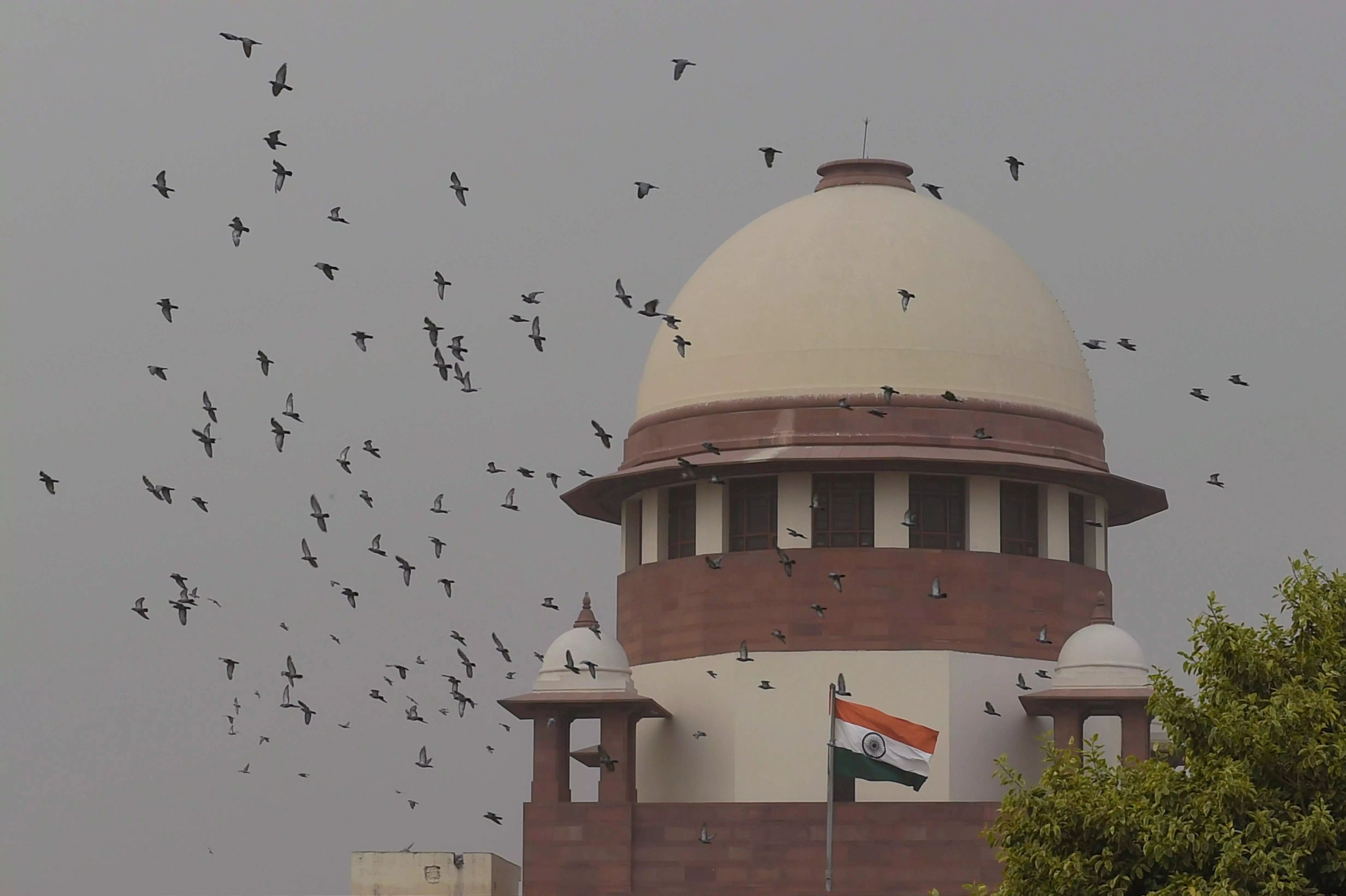Can't allow bar bodies to be divided on caste, religion: SC

New Delhi: The Supreme Court on Friday refused to order reservations on caste basis in the lawyers body elections saying it would open a "Pandora's box" without any empirical data.
A bench of Justices Surya Kant and N Kotiswar Singh said neither would it permit bar members to be divided on caste lines nor allow it to be politicised.
"This is a sensitive issue. It will open a Pandora's box. Without any empirical data, it can't be done. Reserving seats for women was a different thing. We will not permit bar members to be divided on caste lines or let the issues to be politicised," it said.
The bench was hearing a plea of NGO Advocates for Social Justice seeking reservations in the upcoming Bengaluru Bar Association elections to members belonging to scheduled castes, scheduled tribes and other backward classes.
"There are serious arguable issues from both sides, which can be deliberated in a healthy atmosphere. We don't want different bar bodies to be divided on such grounds. This is not our intention," it added.
The matter was then tagged with a pending issue on the strengthening of bar associations and coming up for hearing on February 17.
Senior advocate Madhavi Divan, appearing for petitioner NGO, said not even one member from the SC/ST or OBC categories were elected to the governing body of Advocate Association of Bengaluru in the past 50 years. Referring to reservation and affirmative actions in bar body elections in other countries, Divan said there should be diversity in key positions, which could inspire young members of the bar.
Justice Surya Kant, however, said at the moment the court was "handicapped" in the absence of relevant data and observed parliamentarians of the country were sensitive enough to ensure adequate representation of different communities in key positions.
"You see, when a legislation comes for reservation, there are lots of debates and deliberations with expert bodies. Different data are collected and made available. With informed knowledge, you can take appropriate decision. As of today, in the absence of relevant data, we are completely handicapped," he said.
The court said it would examine the "serious question" in another pending petition relating to reforms in bar associations.
"These are cases where we require some data, assessment. How many people from particular communities are there in the legal profession, to what extent they are underrepresented, etc.," it added.
The petitioner’s plea was dismissed by the Karnataka High Court.
On January 28, the top court modified its order and allowed Advocate Association of Bengaluru to create a post of vice-president in the bar body for which elections would be held in the coming weeks.
The move came after the court on January 24 earmarked the post of treasurer for women, after the election process had begun and nominations were filed even by male candidates.



